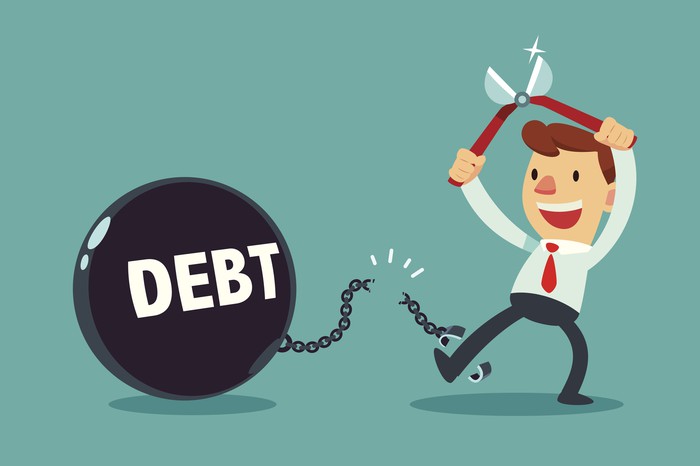Everyone needs some help at one point or the other. It’s also not uncommon to have several loans at the same time.
At the time you are reading this, it might be possible that you or someone you know might be juggling several loans from different lenders.
While you might have had good reason to take out several loans simultaneously, they tend to get cumbersome along the way. Debt consolidation is a great way to handle this.
What Is Debt Consolidation?
Essentially, consolidating debt entails taking one large loan to absorb multiple smaller ones.
This leaves you with one single repayment, one interest rate. You are also likely to get a longer repayment period and lower interest rates.
How to Consolidate Debt
There are several ways to consolidate debt. The trick, if any, is to find an option that aligns with your budget and time frames.
Here are suggestions on how to consolidate your debt.
Debt consolidation with a loan
The most conventional way to make a credit consolidation or debt consolidation is by taking a loan. This can be from online lenders, banks, or credit unions.
By the time you are applying for this loan, you should have exact figures on your total debts, including interest rates. With this in mind, you can apply for a loan that can cover all your debts.
You can then focus on repaying one loan.
Retirement/Savings Account
If you have a healthy retirement or savings account, you can opt to use this to discharge all your debts.
The best thing about this option is that it does not require you to take on more debt. It has other advantages as well. Because these are essentially your own savings, you do not need to have good credit to access them either.
However, depending on how much debt you are in, you might take a significant chunk off your retirement savings, which can disadvantage you later.
Tap Home Equity
You can tap your home equity to pay off your consolidated debt.
Interest on home equity loans is typically lower than credit card loans. You also have two options here:
- get a home equity loan
- get a home equity line of credit
Keep in mind that by using this method to consolidate your debt, your home becomes collateral for the loan. This means that you could potentially lose your home should you fail to repay the amount borrowed.
Evaluate Your Options Carefully
Debt consolidation is beneficial in many ways. It can lower your interests, make repayments easier, and give you a longer repayment duration, which is often more manageable.
This notwithstanding, you need to carefully evaluate your options to identify the best option for your circumstances.
